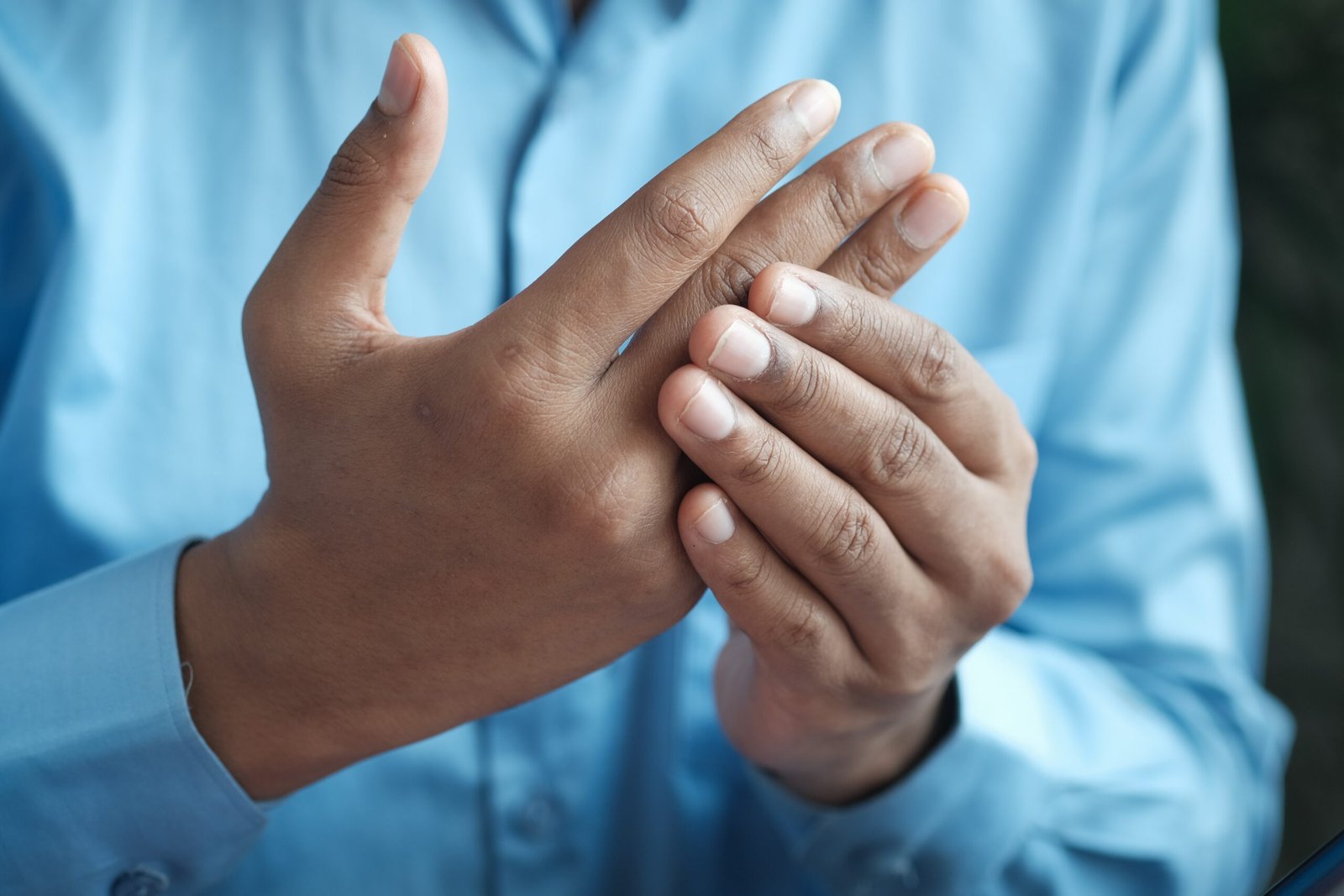Introduction
Arthritis is a common condition that affects millions of people worldwide. It is characterized by inflammation and stiffness in the joints, leading to pain and discomfort. While there are various medications available to manage arthritis pain, many individuals prefer to explore natural remedies as a complementary approach or as an alternative to conventional treatments. In this article, we will discuss some effective natural remedies for arthritis pain.
1. Exercise
Regular exercise is crucial for managing arthritis pain. Low-impact exercises such as walking, swimming, and cycling can help improve joint flexibility and strengthen the muscles around the affected joints. Exercise also helps in maintaining a healthy weight, reducing stress on the joints. It is important to consult with a healthcare professional or a physical therapist to determine the most suitable exercise program for your specific condition.
2. Hot and Cold Therapy
Applying heat or cold to the affected joints can provide temporary relief from arthritis pain. Heat therapy, such as warm baths, heating pads, or hot packs, helps to relax the muscles and increase blood flow to the joints. Cold therapy, on the other hand, numbs the area and reduces inflammation. Cold packs or ice packs can be applied to the joints for short periods to reduce pain and swelling. It is essential to use caution when applying heat or cold therapy to avoid burns or frostbite.
3. Herbal Supplements
Several herbal supplements have shown promise in relieving arthritis pain. Turmeric, a spice commonly used in cooking, contains a compound called curcumin, which has anti-inflammatory properties. Ginger, another popular spice, also has anti-inflammatory effects. Other herbal supplements such as Boswellia, Devil’s Claw, and Willow Bark extract have been used traditionally to manage arthritis pain. It is important to consult with a healthcare professional before starting any herbal supplements to ensure safety and effectiveness.
4. Acupuncture
Acupuncture, a traditional Chinese medicine practice, involves inserting thin needles into specific points on the body. It is believed to stimulate the body’s natural healing processes and promote pain relief. Some studies have shown that acupuncture can be effective in reducing arthritis pain and improving joint function. However, it is essential to seek treatment from a qualified and experienced acupuncturist.
5. Mind-Body Techniques
Stress and anxiety can worsen arthritis pain. Mind-body techniques such as meditation, deep breathing exercises, and guided imagery can help reduce stress and promote relaxation. These techniques can also improve overall well-being and help individuals cope better with chronic pain. It is advisable to learn these techniques from a qualified instructor or through reputable resources.
6. Dietary Changes
Some dietary changes may help reduce inflammation and alleviate arthritis pain. Including foods rich in omega-3 fatty acids, such as fatty fish (salmon, mackerel, sardines), flaxseeds, and chia seeds, can have anti-inflammatory effects. Avoiding processed foods, refined sugars, and saturated fats may also be beneficial. It is recommended to consult with a healthcare professional or a registered dietitian for personalized dietary advice.
Conclusion
While natural remedies can provide relief from arthritis pain, it is essential to remember that they may not work for everyone. It is important to consult with a healthcare professional before starting any new treatment or making significant changes to your current regimen. Natural remedies should be used as part of a holistic approach to manage arthritis pain, in combination with conventional treatments and lifestyle modifications.
By exploring these natural remedies and finding what works best for you, you can take an active role in managing your arthritis pain and improving your quality of life.
